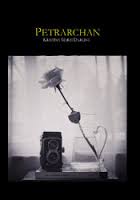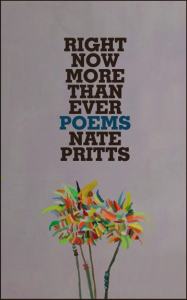Presented by Jen Michalski, for PANK. For a description of this guest series, click here.
“Wrong Turn in Hard Times”
July 3
OMG you won’t believe this, diary, but Luke tied Daddy up in the shed and tried to eat his liver. Again! He waited till Daddy fell asleep (I think Luke put something in his water cause Daddy said he wouldn’t sleep again until we were back home) and dragged him out to the shed. He was sharpening his knife when Papa Gumbo came and let Daddy out. Boy was Papa Gumbo sore. He whipped Luke till his back was all bloody. (I saw it! Euw!!). The whole time, Daddy was trying to tell him to stop, and he finally did. Daddy said boys will be boys. I still think Luke is kind of weird.
July 4
Mary Bob came and let me out of the cage so I could play dollies with her. It’s weird how she doesn’t talk, but she makes these noises sometimes that sound like she’s talking. And she can talk to the dog. And I’m pretty sure squirrels. Daddy said it’s because she was locked up and never went to school, even though she’s old now. He said I shouldn’t make fun of her for being different. There but for the grace of God, whatever that means. I think it’s kind of cool how she can growl and whine and bark at the dog and it will do stuff. And the squirrels. She convinced a squirrel to bring us some nuts. They were a lot better than the food we usually eat, which I’m pretty sure is made from the dead bodies in the cemetery next door. Dad says I shouldn’t jump to conclusions like that. He said he used to live in a neighborhood where there was a Chinese restaurant and people always said there weren’t any stray animals in the neighborhood, but that was because there were really good animal control people. But I found a finger bone in my sandwich yesterday. There was a ring on it with an inscription that said, “Love Everlasting, Barbara.” I asked Daddy, and he said we don’t have a cousin Barbara. Continue reading
![[PANK]](https://pankmagazine.com/wp-content/themes/pank/assets/images/pank-logo-large.png)


